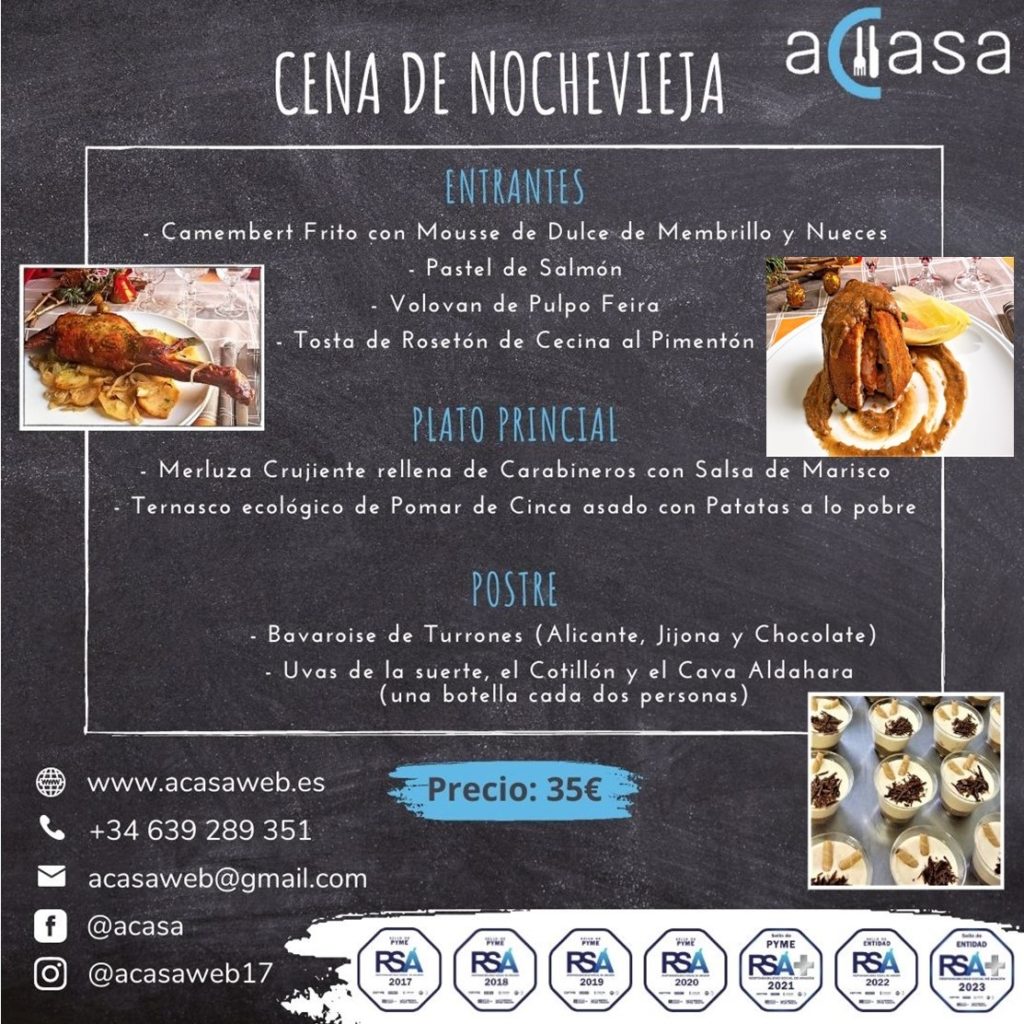. . . the scholars at the conference invariably assumed that «gifts» do not really exist: Scratch deep enough behind any human action, and you’ll always discover some selfish, calculating strategy. Even more oddly, they assumed that this selfish strategy was always, necessarily, the real truth of the matter; that it was more real somehow than any other motive in which it might be entangled. It was as if to be scientific, to be «objective» meant to be completely cynical.
. . . Economists and Christian theologians agree that if one takes pleasure in an act of generosity, it is somehow less generous . . . To counteract this very perverse logic, Mauss emphasized the «pleasure» and «joy» of giving: In traditional societies, there was not assumed to be any contradiction between what we would call self-interest (a phrase that, he noted, could not even be translated into most human languages) and concern for others; the whole point of the traditional gift is that it furthers both at the same time.
David Graeber, “Give It Away”, in inTheseTimes.com; Chicago : In These Times, 21 august 2000 (excerpt La Litera información)

El Ayuntamiento de Tamarite bonifica el ICIO de las obras de la residencia de la tercera edad
El Pleno del Ayuntamiento de Tamarite de Litera celebrado ayer con la ausencia de dos miembros de la oposición expuso los puntos del orden del día siendo el más destacado la aprobación en la rebaja del 95% del ICIO correspondiente a las actuaciones previstas en la residencia de la tercera





